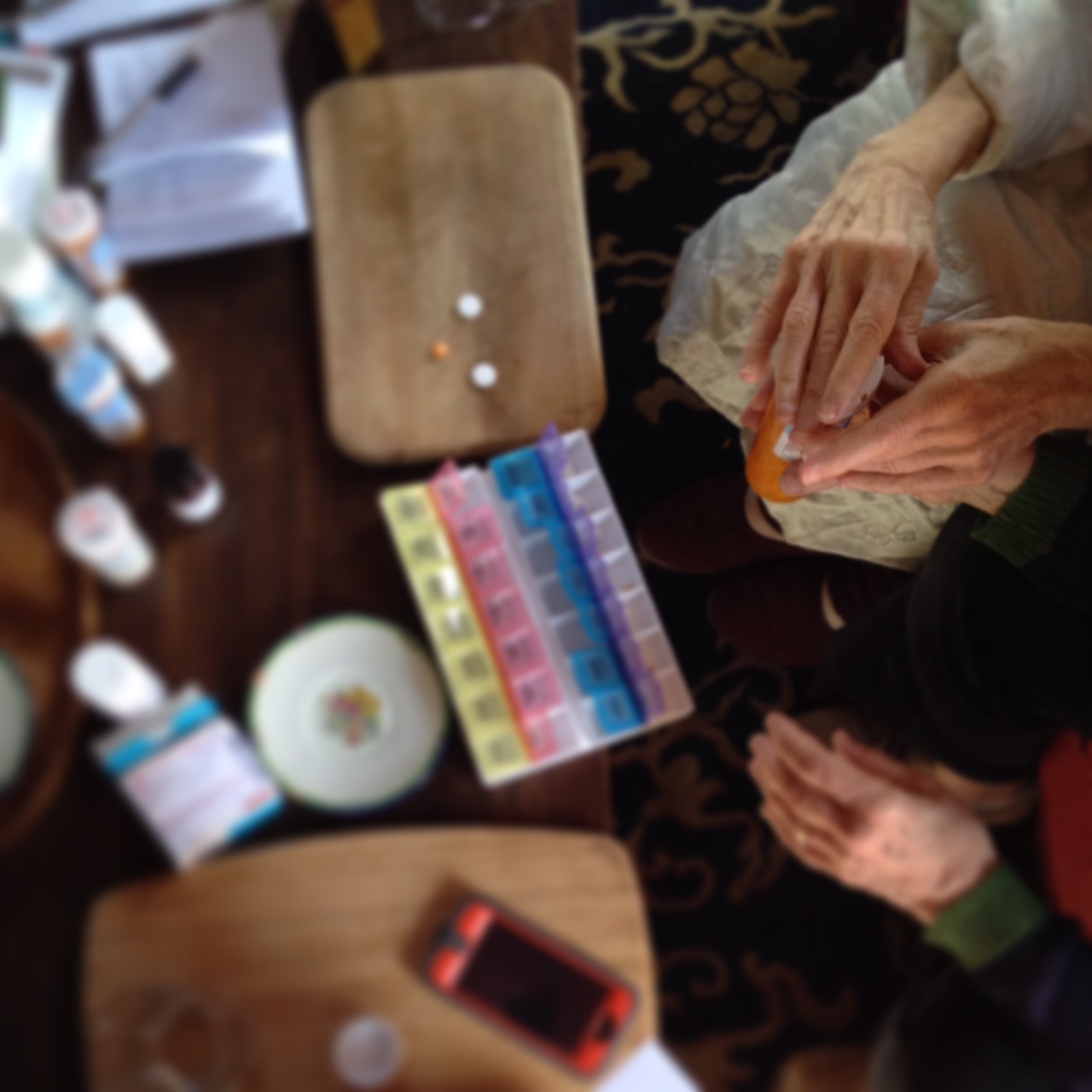
This is a cross-post from my LinkedIn newsletter. Feel free to join the conversation there or post your thoughts in the comments below.
People who connect with health peers are able to pool knowledge, track data, and disseminate what they learn. For some, it’s the difference between life and death.
For example, Peggy, a woman I met in my fieldwork who asked me to use only her first name, lives with Marfan syndrome, a condition which affects one out of 5,000 people in the U.S. She says that it has always been tedious to find clinicians who have anything more than a textbook awareness of her disease. A few physicians have even confessed that, upon seeing her chart, they did a quick online search for information about Marfan before entering the exam room. Because of this, Peggy is careful to do her own research about treatment options.
Peggy developed chronic kidney disease late in life and realized that she was the only person tracking the interactions of all her medications. She redoubled her efforts, staying in touch online with people who share her conditions and reading articles about how to manage her complicated health issues. Her research paid off when a doctor treating her for a complication related to Marfan prescribed a drug that Peggy knew to be lethal for someone with chronic kidney disease.
“When I explained to the prescribing doctor that I would not take it, he challenged me and told me that for 20 years he has been telling all his patients to take it and no one else has ever complained,” she recalls. But because she had done her homework and knew other people who shared her condition who had faced the same issue, Peggy would not back down. She suggested the doctor look online to see for himself and he returned to the exam room a few minutes later to say thank you, promising that his practice would change in the future to screen for people with her combination of conditions so they would not get that drug.
In the lexicon of my upcoming book, Rebel Health, Peggy is a Seeker-Networker.
She went on the hunt for specialized information about her health conditions and associated treatments. She constantly refreshed her understanding by reading medical journals and staying in touch with peer patients, pooling their shared knowledge so a wider community could benefit.
People like Peggy are pro-social and pro-science. They turn to fellow patients, survivors, and caregivers for support and insights about living with the conditions they share. They study the literature and are not afraid to speak up and even stand up to clinicians, asking everyone to operate at the top of their game.
Have you prevented a medical error thanks to a peer group or your own research? Please share your story in the comments.
Image: Two of my relatives sorting pills for the day ahead.
Leave a Reply